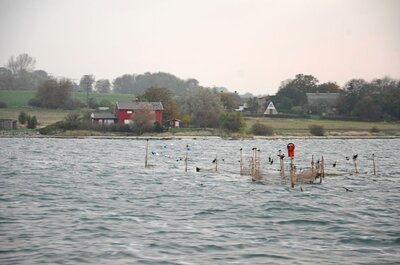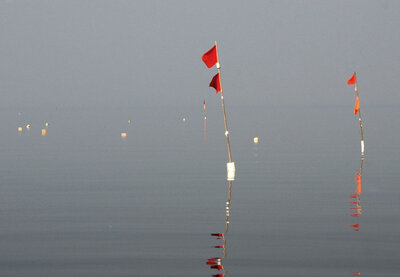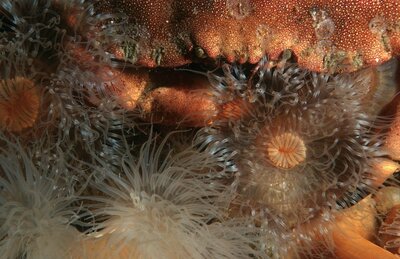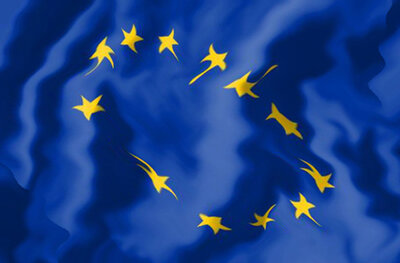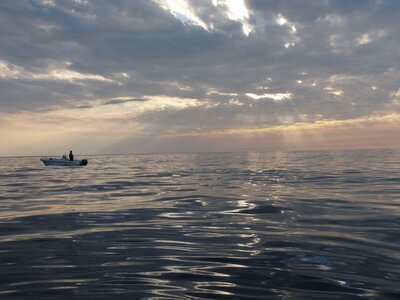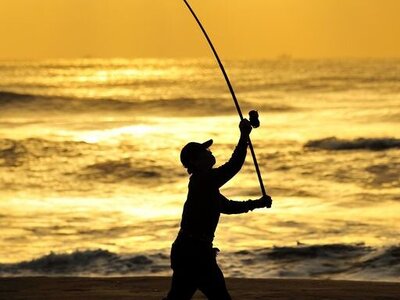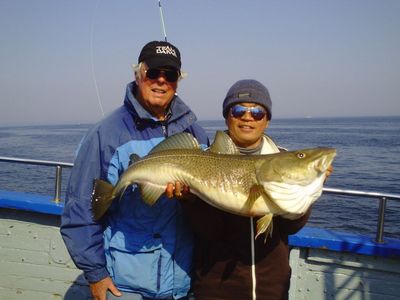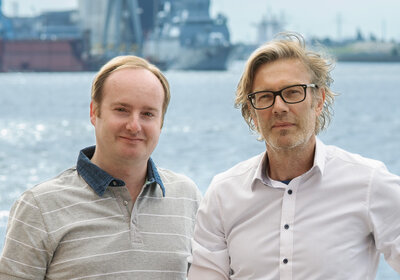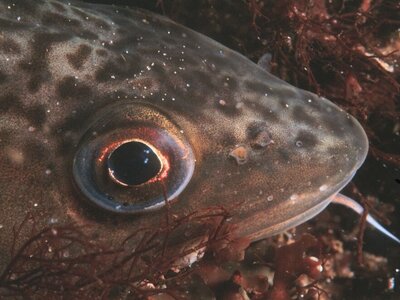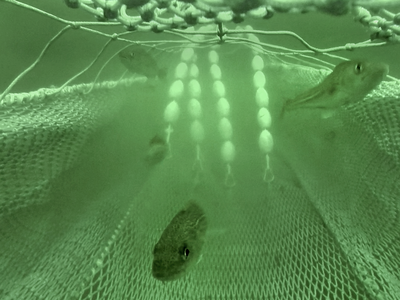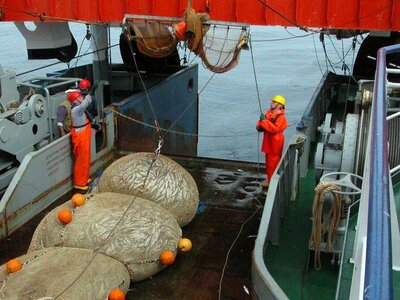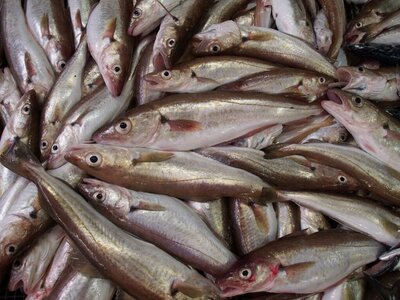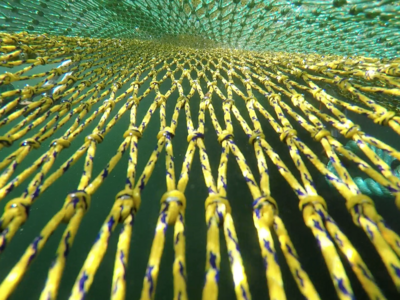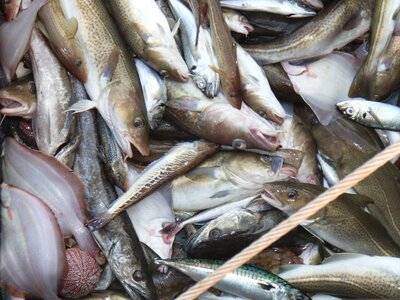Overview

© Thünen-Institut
In the Thünen topic “Fisheries”, we have three focal points:
- Status of living marine resources. We continuously analyze development of resources in the North Sea, the Baltic Sea and the North Atlantic and methodically develop monitoring concepts. We also operate the portal “Fischbestände online”, a comprehensive source of information for the fish trade business.
- Fisheries technology. We analyze the environmental impacts of fishing, and we develop improved fishing methods.
- Regulation of fisheries. Together with international partners, we develop the recommendations of ICES, a central basis for EU quota regulations. We are also developing concepts for the regulation of recreational fisheries, and we are elaborating options for the rebuilding of the eel stock.
Download Service
- Thünen topic FisheriesExcerpt from the Thünen Institute's Medium-Term Concept 2021 (in German)
- Thünen medium-term concept 2021(in German)
Scroll to top

